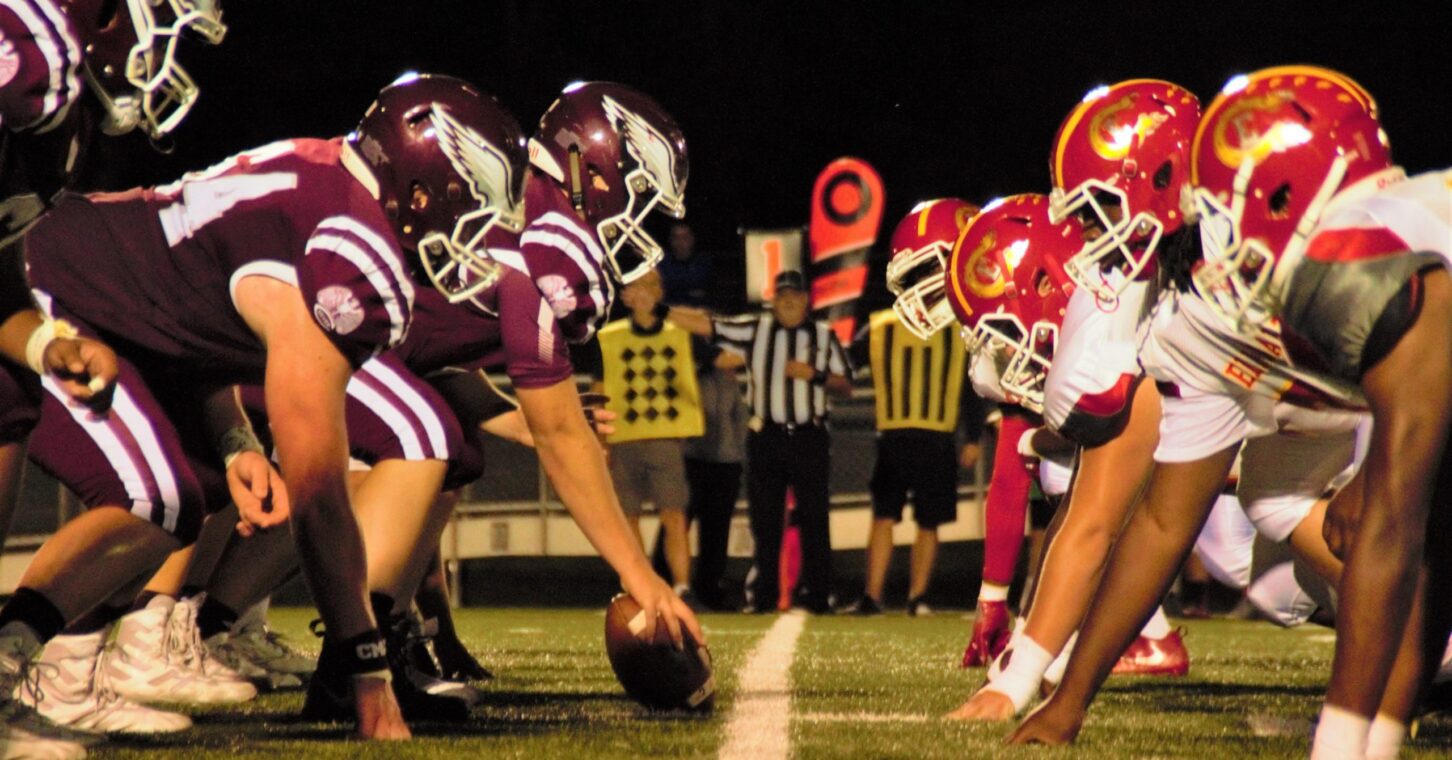
Few things loom as large over the Southern calendar as college football. Weddings are scheduled around it, vacations are planned for it, millions and millions of dollars are spent on it – and that’s just for the bourbon.
Although a few schools have begun their seasons, most of our favorite teams will kick off over Labor Day weekend, as the good Lord intended.
The sport’s turbulence this summer, however, brings to mind our broader societal tumult. Players began getting paid (above the table) for the use of their name, image and likeness. A Supreme Court ruling all but numbered the days of student-athlete amateurism. Then the Texas Longhorns and Oklahoma Sooners declared their intent to join the mighty Southeastern Conference, triggering panic, chest-thumping, recriminations and counter-maneuvers by rivals. You know, just like every autumn Saturday after the game.
Even for those who don’t follow the sport, or any sport, there’s an element here that reflects some basic truths about how we view change. In particular, those of us who consider ourselves conservatives – still a plurality in SEC country – may sense a familiar tension.
On one hand, conservatives revere experience as the best teacher, all the better when we can learn from others’ experiences. We respect tradition as the accumulation of those hard-learned lessons.
Respecting tradition means respecting those who came before us, who paved the way for the good things we enjoy today. It means thinking twice about cutting, or even straining, the ties that bind. It conveys a certain humility about our ability to know enough, to understand well enough, to anticipate enough of the consequences of our actions. Respect for tradition is a brake on rash ideas.
In college football, respect for tradition looks like Auburn and Georgia meeting on the gridiron in all but three years since 1894, wars and depressions be damned. It looks like Alabama’s classic, minimalist uniforms, from which the team has deviated only once over the past several decades. A 2011 comment by Alabama coach Nick Saban on the topic is instructive:
“I think what we wear is a lot bigger than me, and a lot bigger than anyone.”
Bigger than me, bigger than anyone. That’s tradition in a nutshell.
Still, sometimes things do, and must, change. The conservative recognizes that. But even when change appears inevitable, our hesitation to act partly stems from our tendency to think in terms of trade-offs.
There are no magic beans or bullets. And while life isn’t a zero-sum game, what we do to or for one person will affect others – and not always as we intended or anticipated. Even the effects on the person on whose behalf we act aren’t always neat, predictable or wholly beneficial.
It doesn’t mean we like every outcome. It just means we trust that giving more people more latitude to make more decisions will result in fewer adverse consequences than staking all on the wisdom and prudence of one, or a few.
So, when we hear pundits, fans and even politicians complain about the greed and collateral damage involved in a change such as Texas and Oklahoma leaving the Big 12 Conference for the SEC, a piece of us wants to sympathize with their arguments. But another piece of us recognizes the cold realities at hand, that change was coming one way or another, and that the trade-offs from another outcome, perhaps led by the kind of “college football czar” now popularly discussed, may have been even worse.
This tension extends to many other areas of life. And no, I don’t expect many fans, especially the ones partaking of that bourbon I mentioned earlier, to think of all this as they holler from the stands or their couches.
But I do believe student-athletes aren’t the only ones who can learn something from this game so many of us love.